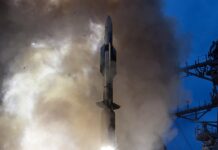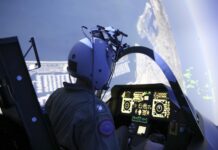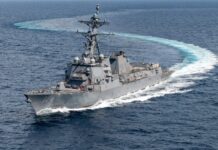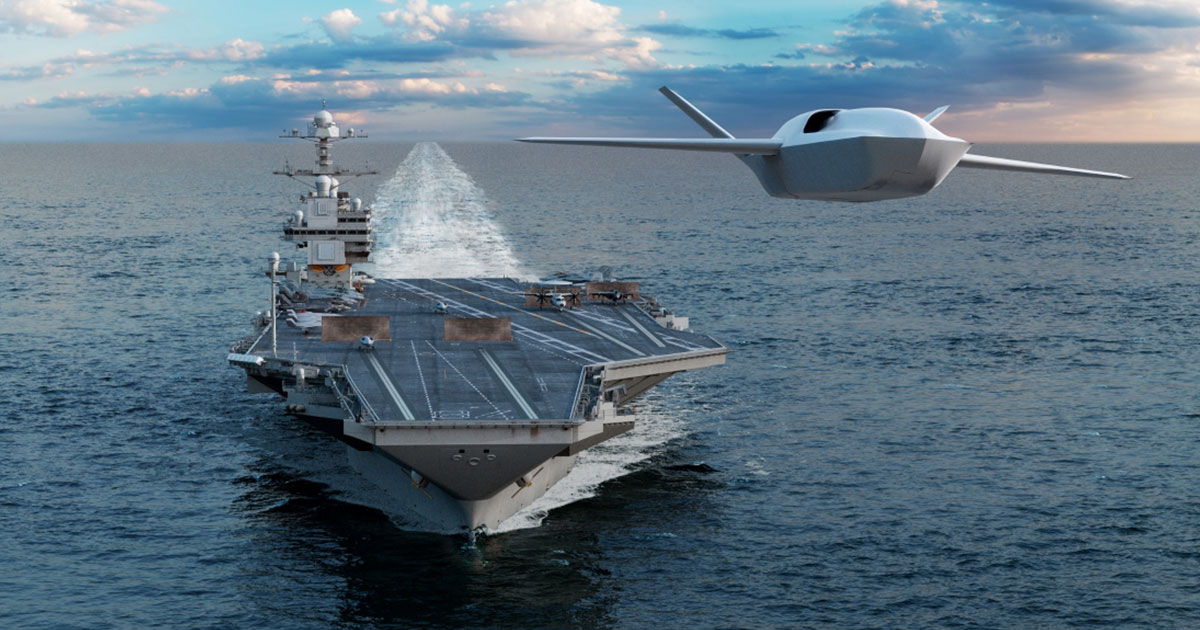
GA-ASI contracted by USN to develop conceptual designs for carrier-capable CCA
Peter Felstead
General Atomics Aeronautical Systems Inc (GA-ASI) announced on 17 October 2025 that it has been contracted by the US Navy (USN) to develop conceptual designs for a collaborative combat aircraft (CCA) to operate within the navy’s future carrier air wings.
The USN’s CCA requirements emphasise modular platforms capable of being rapidly reconfigured and upgraded to meet changing mission requirements, including operations from aircraft carriers. GA-ASI stated that its approach supports the navy’s “revolutionary acquisition strategy of smaller, frequent purchases that enable rapid technology insertion rather than traditional long-lifecycle programmes”.
GA-ASI’s USN CCA contract follows the company’s selection by the US Air Force (USAF) to design and fly its first CCA: the YFQ-42A. A production-representative unmanned fighter, the YFQ-42A was the first USAF CCA to begin flight testing in August.
“We’re honoured by the vote of confidence from the US Navy and we’re eager to put what we’ve built to work for the future fleet,” GA-ASI president David R Alexander was quoted as saying in a company press release. “No one has more experience than we do with unmanned combat aircraft and we’re leveraging that to help the navy get this capability onto the flight deck fast.”
CCAs are highly capable, semi-autonomous unmanned combat air vehicles (UCAVs) that complement and enhance traditional crewed combat aircraft. Produced in high quantities at comparatively low cost, they let commanders shift risk away from human flight crews, enhance the sensing and other capabilities of legacy aircraft formations, increase lethality of the air wing, and maximise operational flexibility across the board, GA-ASI noted.
GA-ASI has configured all its UCAVs to be Agile Mission Suite/Government Reference Architecture (AMS-GRA) compliant, including the XQ-67A, YFQ-42A and MQ-20 Avenger. GA-ASI has also rapidly reconfigured and upgraded its modular XQ-67A Off-Board Sensing Station: an autonomous-capable unmanned jet built under contract from the Air Force Research Laboratory that achieved first flight in 2024.
The company has also pioneered jet-powered unmanned aerial vehicle (UAV) operations for more than 17 years, beginning with the MQ-20 Avenger in 2008, and has extensive experience working with the US Navy and other nations on carrier-based unmanned aircraft operations. For example, in 2023 GA-ASI’s Mojave short take-off and landing (STOL) UAV demonstrator was launched from and landed back onto the British aircraft carrier HMS Prince of Wales, while in 2024 the Mojave took off from the South Korean amphibious assault ship Dokdo and flew to a naval base ashore.
At the UK’s 2024 Farnborough Air Show GA-ASI announced its company-developed concept for ship-based CCA operations, codenamed Gambit 5. The Gambit series envisions multiple CCA variants rapidly reconfigured from a common Gambit Core, enabling substantial commonality for rapid and affordable production at scale.
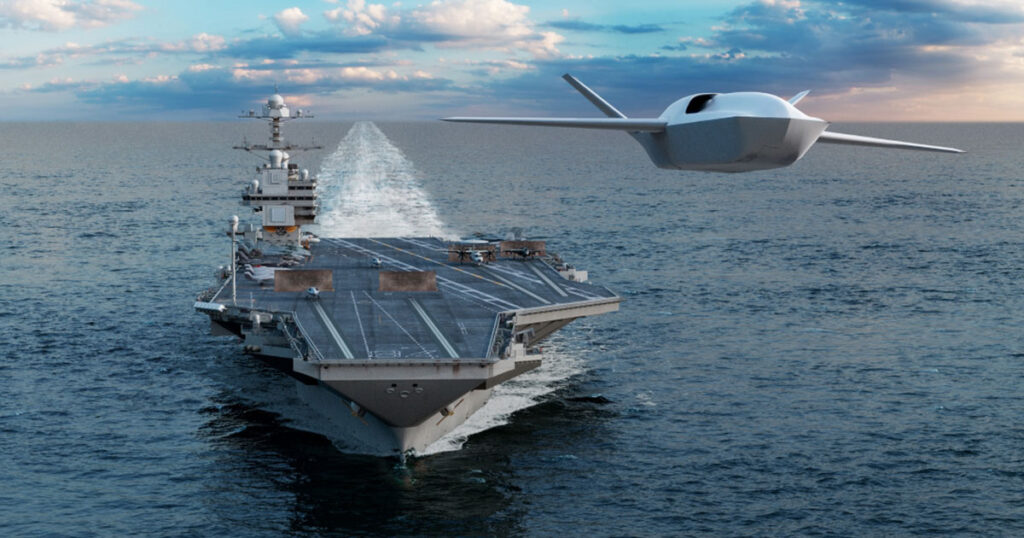





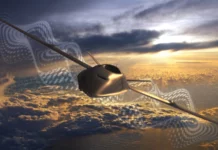

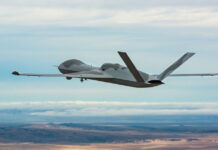

![From logistics to liability: Bridging the ‘trust gap’ in naval 3D printing During RIMPAC 2024, USN crew successfully 3D-printed a replacement part onboard USS Somerset. [US Navy]](https://euro-sd.com/wp-content/uploads/2026/01/LPD-25-USS-Somerset-088-Kopie-218x150.jpg)
